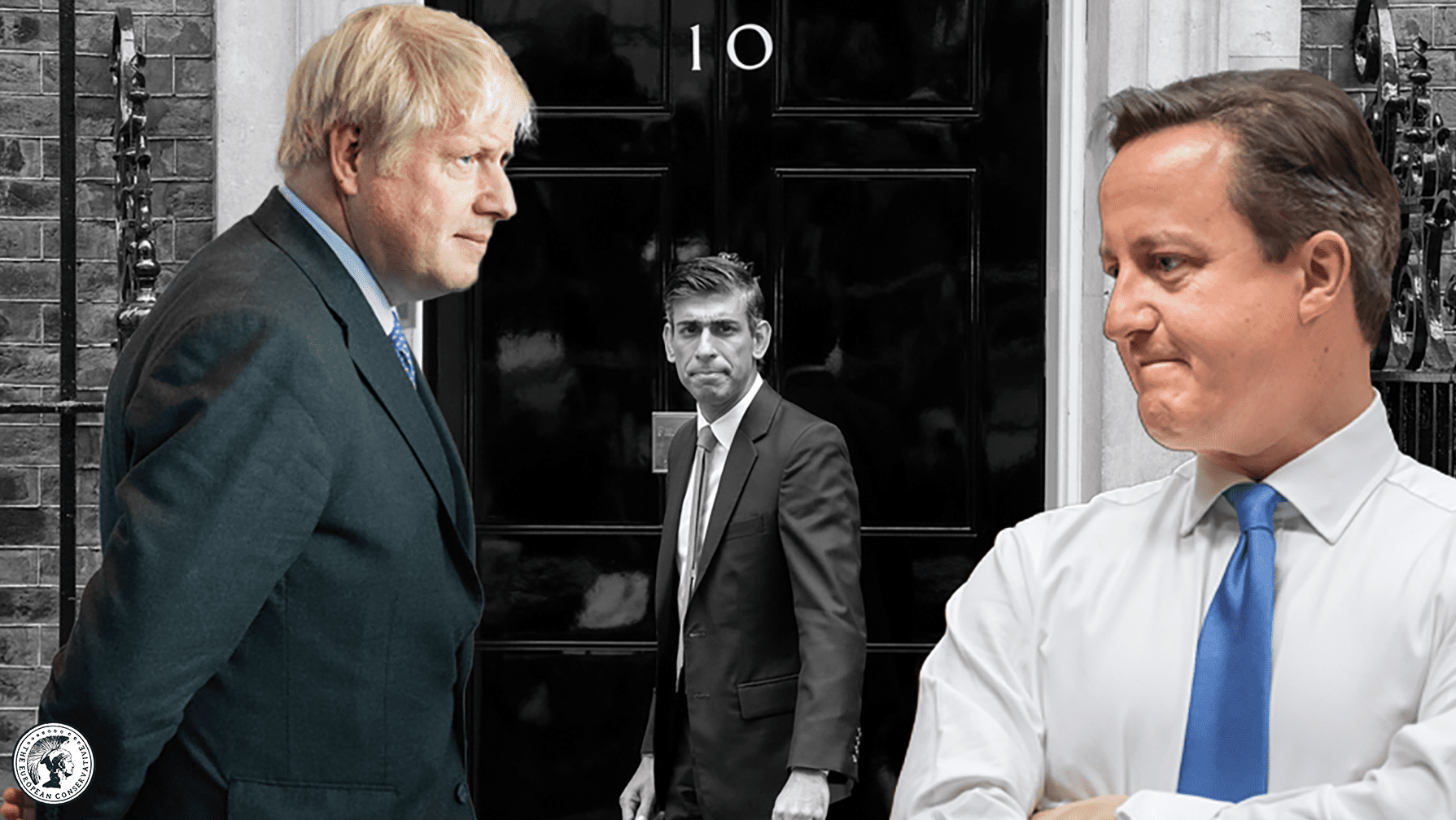
Every former Tory prime minister of the 21st century has come out against Rishi Sunak’s conference pledges.
His decision to scrap the northern leg of the HS2 high-speed rail link has prompted criticism from David Cameron, Boris Johnson and Theresa May, while Liz Truss has already indicated that she will vote against the proposed smoking ban.
HS2 has easily been the most talked-about aspect of this year’s Tory conference, overshadowing other issues like crime, education and immigration. Many view the project, launched by Labour in 2009, as having been a disaster from the start, with dramatically rising costs, the forcing out of families from their homes and dubious claims of northern advantage all par for the course.
Despite Sunak’s promise that billions would be spent on more effective transport projects, Cameron said the decision was the “wrong one” and that it helped “to fuel the views of those who argue that we can no longer think or act for the long-term as a country; that we are heading in the wrong direction.”
Today’s decision on HS2 is the wrong one. It will help to fuel the views of those who argue that we can no longer think or act for the long-term as a country; that we are heading in the wrong direction.
— David Cameron (@David_Cameron) October 4, 2023
HS2 was about investing for the long-term, bringing the country together,…
Johnson, in far more reserved tones than he is known for, simply stated: “I agree.”
I agree https://t.co/F39bfIKfFd
— Boris Johnson (@BorisJohnson) October 4, 2023
Anticipating the announcement, May last week expressed her concern that it would result in Britons being “disadvantaged.”
And on preventing future generations from being able to buy cigarettes, Truss has not simply made her opposition known but is said to be “lead[ing] the revolt.” The plan is in contradiction to her view that the Conservative Party should “stop banning things.”
Perhaps criticism from these former leaders won’t phase Sunak. After all, he did just deliver a speech attacking the short-sightedness of the last 30 years of British politics. Perhaps, too, he would believe it to be worse to win the favour of those on whom he has pinned the blame. But it remains to be seen whether this alleged split from his predecessors will in fact beckon the “brighter future” he has promised or whether it will be much more of the same, simply repackaged.
